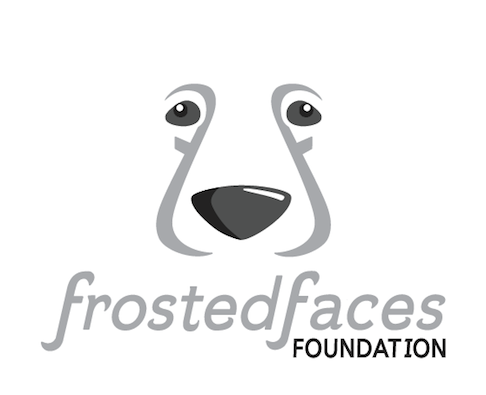Chronic Kidney Disease
You have received this information because your Frosted Face (FF) has been diagnosed with ‘Chronic Kidney Disease,’ otherwise known as ‘Renal Insufficiency’ or ‘Kidney Failure’ (just to confuse things). This is probably the most common degenerative disease in older dogs.
This disease occurs when at least 75% (yes, you can live fine on half of one kidney!) of kidney function is lost, and hence it is typically only diagnosed at that stage, as that is when routine lab work will start to show changes.
Here is some great general information on the disease if you would like some further reading:
https://veterinarypartner.vin.com/default.aspx?pid=19239&id=4951452
As this is a degenerative disease it cannot be cured, unfortunately. Therefore, the objective of treatment is to slow the progression of the disease as much as possible, and to resolve any discomfort your FF may feel. Which can for example include nausea, dehydration, GI ulcers and anemia, in the later stages of the disease.
Because it is such a common disease, the categorization or the disease from early to end stage, and the treatment that is appropriate has been well researched. Therefore, treating the disease is a relatively straight forward, following the recommendations of the International Renal Interest Society (IRIS for short), information on staging and treatment can be found here if you would like some further reading:
Staging: http://iris-kidney.com/pdf/IRIS_Staging_of_CKD_modified_2019.pdf
Treatment: http://iris-kidney.com/pdf/IRIS-DOG-Treatment_Recommendations_2019.pdf
As you will see, at stage 1, all other things being equal, the only measure needed is the avoidance of drugs that could be damaging to the kidneys, this includes NSAIDS, steroids and some antibiotics.
At stage 2 we typically recommend starting a low protein and low phosphorus diet (e.g.: Hills K/D, Royal Canin Renal Support). More information on renal diets can be found here:
https://veterinarypartner.vin.com/default.aspx?pid=19239&id=4952670
Often times this is the only intervention that is indicated for a long time. However other interventions may become appropriate as the disease progresses and depending on lab work/diagnostic findings, these may include:
Medication to help with hypertension (high blood pressure), when present
Medication to help with significant protein loss in the urine, when present
Dietary supplements to bind phosphorus, when indicated
Fluids administered under the skin at home- Typically, not indicated until stage 3
Medication to help with anemia
Here is some useful guidance on how to give ‘sub Q’ fluids, in case this is indicated now or in the future: https://veterinarypartner.vin.com/default.aspx?pid=19239&id=4951358

